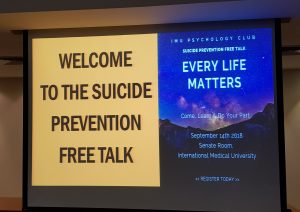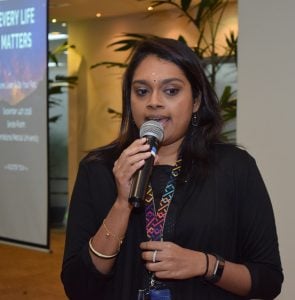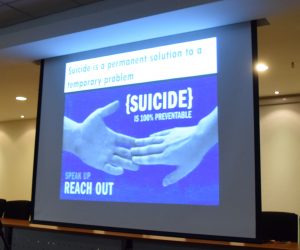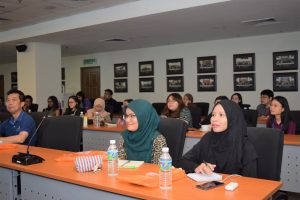[fusion_builder_container hundred_percent=”no” equal_height_columns=”no” menu_anchor=”” hide_on_mobile=”small-visibility,medium-visibility,large-visibility” class=”” id=”” background_color=”” background_image=”” background_position=”center center” background_repeat=”no-repeat” fade=”no” background_parallax=”none” parallax_speed=”0.3″ video_mp4=”” video_webm=”” video_ogv=”” video_url=”” video_aspect_ratio=”16:9″ video_loop=”yes” video_mute=”yes” overlay_color=”” overlay_opacity=”0.5″ video_preview_image=”” border_size=”” border_color=”” border_style=”solid” padding_top=”” padding_bottom=”” padding_left=”” padding_right=””][fusion_builder_row][fusion_builder_column type=”1_1″ layout=”1_1″ background_position=”left top” background_color=”” border_size=”” border_color=”” border_style=”solid” border_position=”all” spacing=”yes” background_image=”” background_repeat=”no-repeat” padding=”” margin_top=”0px” margin_bottom=”0px” class=”” id=”” animation_type=”” animation_speed=”0.3″ animation_direction=”left” hide_on_mobile=”small-visibility,medium-visibility,large-visibility” center_content=”no” last=”no” min_height=”” hover_type=”none” link=””][fusion_text] 14 September 2018 – A Suicide Prevention Free Talk was organised by IMU Psychology Club, held at Senate Room of IMU. This talk was attended by around 50 participants.
In line with its slogan ‘Every Life Matters’, the Psychology Club of IMU aimed to shed light on the severity of suicide cases in Malaysia and elaborate on how imperative it is to reach out to peers and loved ones who exhibit tendencies for suicidal behaviour.
The objective of the talk was to spark conversation about suicide and alter the negative perception of suicidal people that exists in society. This talk sought to offer insights into the psyche of people with suicidal ideation and uncover the facts from the myths that distort truths about suicide. The talk was conducted by a clinical psychologist and psychology lecturer at IMU, Puvessha Jegathisan. 

 [/fusion_text][fusion_table]
[/fusion_text][fusion_table]
| Highlights |
|---|
| According to the World Health Organization (WHO), suicide is the cause of nearly a million deaths annually and is one of the most common causes of death among youths aged 15-19 worldwide. In the talk, Puvessha asserted the need for better education about the root causes of suicide and prevention methods in light of the alarming statistics, stating “It is important for us to be aware of the characteristics of someone who is suicidal so we can recognise possible indicators of suicidal ideation. It is crucial that we educate ourselves on this as by the year 2020, it is expected there will be 1 suicide every 2 seconds.” |
| Understanding suicide |
| WHO reported that suicide is the most preventable cause of death despite the variations of techniques used to commit suicide. Puvessha outlined two types of suicidal intentions commonly observed, namely active suicidal intentions and passive suicidal intentions. The former involves strategising a plan for suicide which is motivated by the person possessing a wish to die, whereas the latter revolves around the person leaving life and death to chance, carelessly putting themselves in situations that may threaten their life significantly. Ultimately, both types of suicidal expressions are intended to culminate in the final goal that is to end one’s life. |
| Warning signs |
| Warning signs of suicide are essential indicators that one can identify from observation. Examples of manifest signs are obvious pursuit of suicidal means, expressing intention to kill oneself verbally or in writing, increasing substance and alcohol abuse, social withdrawal and expressing a lack of purpose to living. “These signs are recognisable. What we as friends or family can do is simply lend an ear and ask how those who seem to show these signs are doing. Helping out would be so much easier that way”, said Puvessha. |
| Debunking myths about suicide |
| Aside from underlining the facts about suicide, the talk also included a short segment presented by second year psychology student and event organiser Juanita Magen to debunk the myths that exist among the public about suicide and unravelling the truths behind them. Juanita highlighted myths such as the belief that suicidal people are crazy or weak and that suicidal people who at some point show signs of improvement may not make future attempts on their own life. “It is easy to trivialise or dismiss the seriousness of the suicidal tendencies people may have and what we may fail to see is the true depth of their troubles in dealing with his or her inner demons”, she said. Juanita ended her address by citing a suicide letter left behind by deceased K-pop artiste, Kim Jong Hyun which illustrated how common misconceptions of suicide could deeply influence an individual with suicidal ideations. |
Finally, the one and a half hour talk ended with a very engaging Q and A session. Participants asked insightful questions and benefited from Puvessha’s informative answers. It was evident that this event prompted people to change their perspective and delve deeper into the topic riddled with many grey areas that suicide is.
IMU Psychology Club Suicide Prevention Free Talk was an event enriched with knowledge, curiosity and learning, an effort made possible by the collective contributions of the psychology staff and students of IMU.
Written by Sharwin M Yugaseelan and Darvin Anandaraja
In the News
[/fusion_text][fusion_table]
| Malay Mail, 18 October 2018 | Suicide NEVER the Solution |
[/fusion_table][/fusion_builder_column][/fusion_builder_row][/fusion_builder_container]




